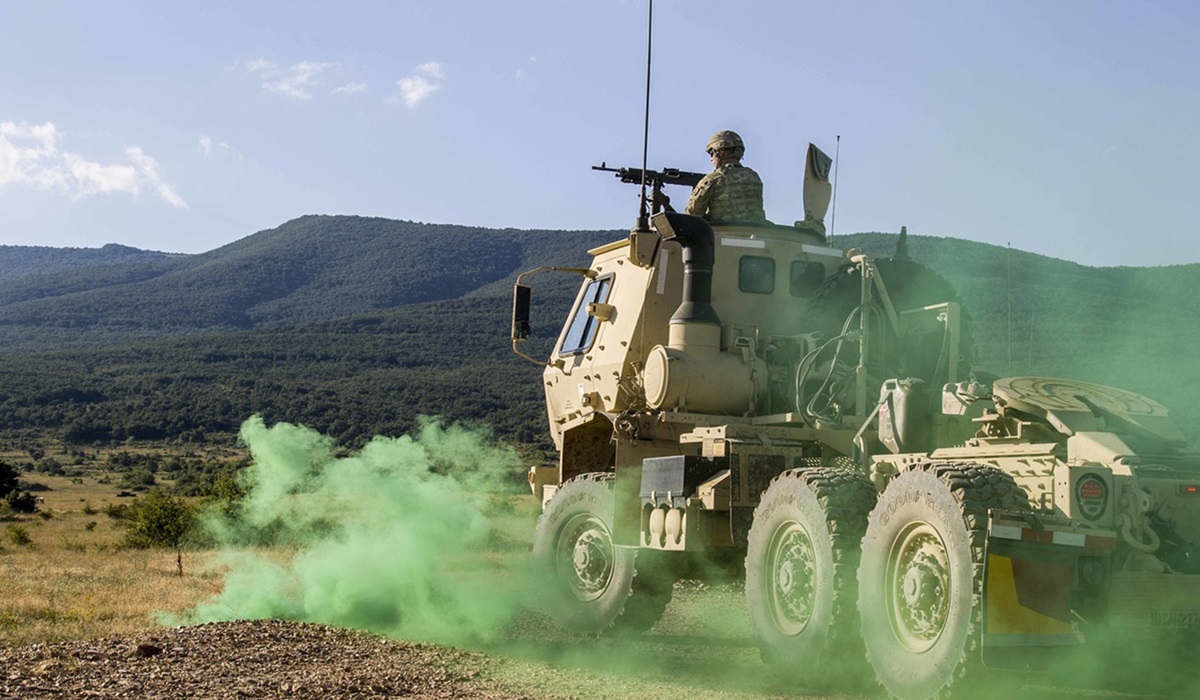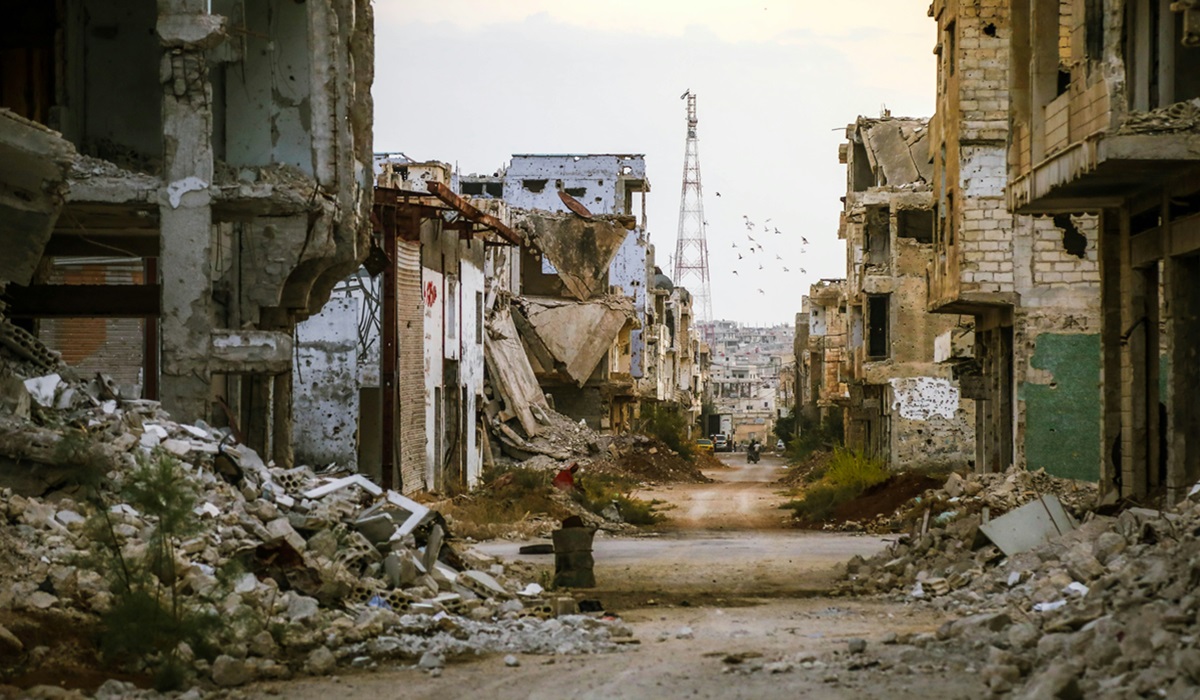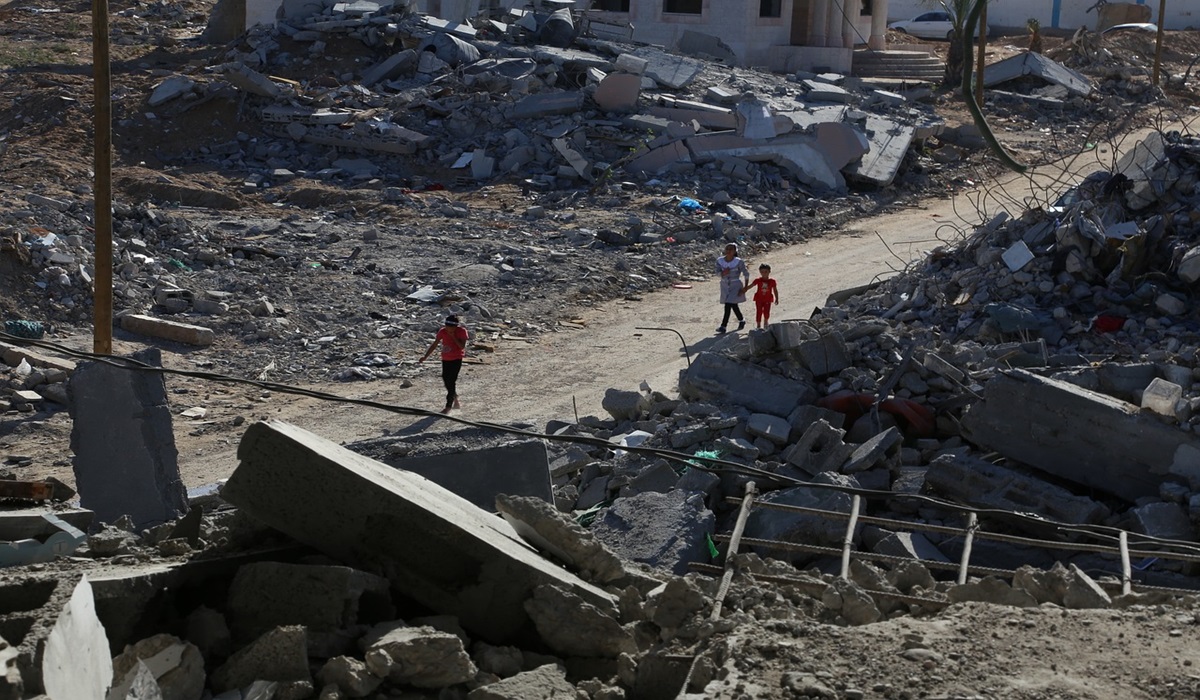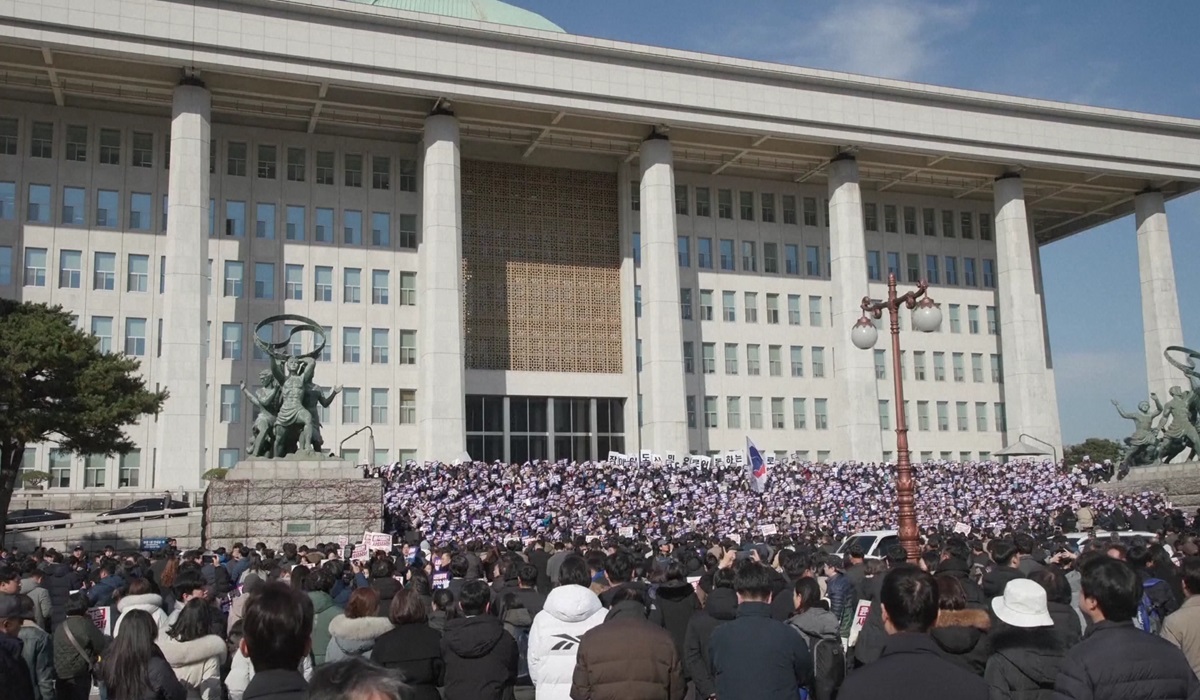Trump’s Second Term: How Europe Could Be Left to Handle the Ukraine Crisis Alone
- TDS News
- Breaking News
- September 14, 2024

Image Credit, Military_Material
If Donald Trump were to be re-elected as President, the implications for the European Union and its involvement in the ongoing conflict between Russia and Ukraine would be profound. Over the past few years, the United States has been a leading supporter of Ukraine, channeling billions of dollars in military and financial aid to bolster the country’s defense. This support has been vital not only for Ukraine but also for sustaining the broader coalition of Western nations that have rallied to counter Russia’s advances. However, Trump’s views on international alliances and foreign policy suggest a potential shift that could dramatically alter the dynamics of the conflict and leave Europe facing a much more challenging situation.
Trump’s previous administration was marked by frequent criticism of international alliances, particularly NATO. He argued that the U.S. was shouldering an unfair share of the burden while European countries did not contribute enough to their own defense. This skepticism extended to questioning the value of these alliances in maintaining global stability, especially when American resources were involved. Should Trump return to office, his administration would likely adopt a similar stance, potentially leading to a significant reduction in the support for Ukraine and a broader disengagement from global conflicts.
The prospect of reduced American support would have immediate and far-reaching consequences for Europe. The United States has played a pivotal role in rallying financial and military resources for Ukraine, and a rollback in its involvement would leave European nations to shoulder much of the burden. This would strain already fragile economies, many of which are grappling with the economic impacts of the war and the associated energy crisis. Germany, for example, has faced skyrocketing energy costs after losing access to Russian gas and being forced to import expensive liquefied natural gas from overseas. This shift has put pressure on German industry, and the broader economic toll has pushed the country into recession.
In the broader geopolitical context, the expansion of NATO and the alliance’s increasing presence near Russian borders contributed to escalating tensions, ultimately culminating in the invasion of Ukraine. While the conflict has largely been framed as a response to Russian aggression, the backdrop of NATO’s enlargement and its perceived encirclement of Russia cannot be ignored. This strategic reality played a significant role in shaping the environment that led to the war. Trump’s potential withdrawal of support or even his open negotiation with Russia to end the war on terms less favorable to Ukraine could alter the course of the conflict, forcing Europe to grapple with these tensions independently.
Without strong American backing, the European Union would have to confront a difficult and potentially divisive question: how to manage and potentially resolve the Ukraine conflict with limited resources. This challenge would require European nations to take a leading role in both the defense of Ukraine and the broader security of the region. However, internal divisions within the EU, along with diverse national interests, could make it difficult for the bloc to present a unified front. Countries such as Poland and the Baltic states, which view Russian aggression as an existential threat, may push for continued strong support for Ukraine, while others, like Hungary or Italy, may advocate for a more cautious approach.
Beyond the direct impact on Ukraine, the withdrawal or reduction of U.S. involvement could shift the broader strategic balance in Europe. With a weakened international coalition, Russia might emerge from the conflict with greater influence in Eastern Europe and a stronger position in global geopolitics. This shift would challenge European security and stability, complicating efforts to contain Russian power and leaving Europe more vulnerable to future conflicts or destabilizing events in the region.
The re-election of Trump would mark a significant shift in foreign policy, especially regarding the European Union and its role in managing the Ukraine crisis. With diminished American support, Europe would face a new reality in which it must take greater responsibility for its own security and for the resolution of the ongoing war. The economic, strategic, and political challenges of this scenario would be immense, pushing the European Union into uncharted territory as it navigates the complexities of war and international relations. The long-term consequences of such a shift would not only reshape Europe’s role in global affairs but also redefine the continent’s relationship with both Russia and the broader international community.
In the end, the re-election of Trump and the potential reduction in U.S. involvement would likely accelerate Europe’s need to adapt and strengthen its defense capabilities. The European Union would be forced to reckon with the costs of war, the pressures of supporting Ukraine, and the necessity of maintaining security in a region that remains vulnerable to Russian influence. The strategic landscape of Europe would be forever altered, as would the nature of the transatlantic relationship, leaving the EU with the responsibility of navigating this new era of global uncertainty.








